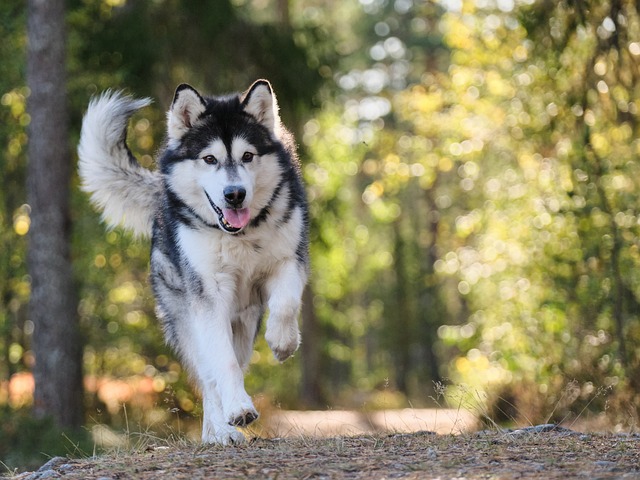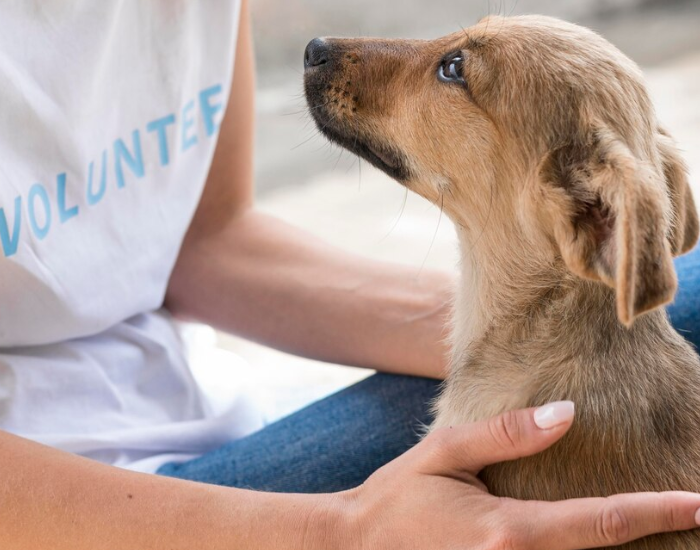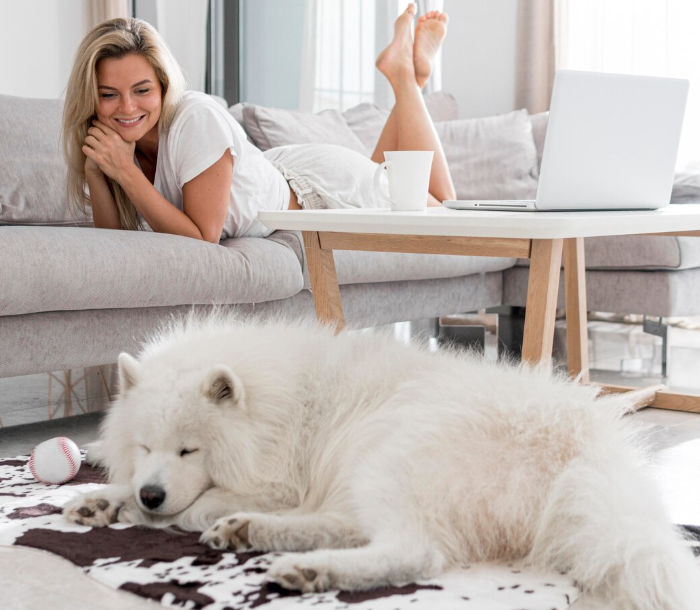Owning a dog is a rewarding experience that comes with great responsibility. Proper care ensures your dog remains happy, healthy, and well-behaved. Whether you're a first-time dog owner or looking to improve your current care routine, this guide covers essential aspects of dog care, from nutrition and grooming to training and health maintenance.
Getting Started: Preparing for Your Dog
Welcoming a dog into your life brings joy and companionship, but it also requires commitment. This guide will help you understand the essential aspects of caring for your dog to ensure they live a fulfilling life.
Before bringing a dog into your home, it's crucial to prepare properly:
• Choosing the Right Dog: Research different breeds to find one that fits your lifestyle and energy level. Consider adopting from shelters or breed-specific rescues.
• Essential Supplies: Gather necessary items such as a dog bed, food and water bowls, collar and leash, toys, grooming tools, and safety items like an ID tag and microchip.
Nutrition and Feeding Guidelines
Proper nutrition is key to your dog's health and well-being:
• Choosing the Right Food: Consult with your vet to determine the best diet for your dog's age, size, and health. Decide between high-quality commercial dog food or a homemade diet.
• Feeding Schedule: Establish a regular feeding schedule based on your dog's age and activity level. Avoid feeding your dog foods that are toxic to dogs, such as chocolate, grapes, and onions.
Exercise and Mental Stimulation
Regular exercise keeps your dog physically fit and mentally stimulated:
• Daily Exercise Needs: Take your dog for daily walks and provide opportunities for playtime and other physical activities.
• Mental Stimulation: Engage your dog with training sessions, puzzles, and interactive toys to keep their mind active and prevent boredom.
Grooming and Hygiene
Maintaining your dog's hygiene contributes to their overall health:
• Regular Grooming Routine: Brush your dog's coat regularly, bathe them when needed, and trim their nails. Clean their ears and brush their teeth regularly.
• Handling Shedding and Allergies: Manage shedding based on your dog's coat type and monitor for signs of allergies. Consult your vet if allergies are suspected.
Veterinary Care and Health Maintenance
Regular vet visits are essential for your dog's health:
• Annual Check-ups: Schedule yearly visits for vaccinations, health checks, and preventative care like flea and tick control.
• Signs of Illness: Be vigilant for signs of illness such as changes in appetite, behavior, or bathroom habits. Seek veterinary care promptly if you notice anything unusual.
Training and Socialization
Proper training and socialization are crucial for a well-behaved dog:
• Basic Training Commands: Teach your dog commands like sit, stay, come, and leash manners using positive reinforcement techniques.
• Socialization Tips: Introduce your dog to different environments, people, and other pets to build confidence and prevent behavioral issues.
Building a Strong Bond with Your Dog
Bonding with your dog strengthens your relationship:
• Quality Time Together: Spend time playing, training, and cuddling with your dog to build trust and affection.
• Understanding Your Dog: Learn to interpret your dog's body language and signals to better understand their needs and emotions.
Traveling and Safety Tips
Ensure your dog's safety and comfort when traveling or at home:
• Travel Preparation: Prepare your dog for travel by car or plane with necessary supplies and accommodations.
• Safety at Home: Pet-proof your home and yard to prevent accidents and keep toxic substances out of reach.
Conclusion
Taking care of a dog involves dedication and responsibility, but the rewards are immeasurable. By providing proper nutrition, regular exercise, grooming, veterinary care, training, and plenty of love and attention, you can ensure your dog leads a happy and healthy life.
FAQs Section
How often should I groom my dog?
- Groom your dog based on their coat type; some may need daily brushing, while others need weekly sessions.
What should I do if my dog stops eating?
- Monitor their behavior and consult your vet if the lack of appetite persists.
When should I start training my puppy?
- Start basic training as early as 8-12 weeks old, focusing on positive reinforcement techniques.
How can I prevent my dog from chewing on furniture?
- Provide appropriate chew toys and redirect their attention when they chew on furniture.
What vaccinations does my dog need?
- Core vaccines include rabies, distemper, parvovirus, and adenovirus, but your vet will tailor a vaccine schedule to your dog's needs.













